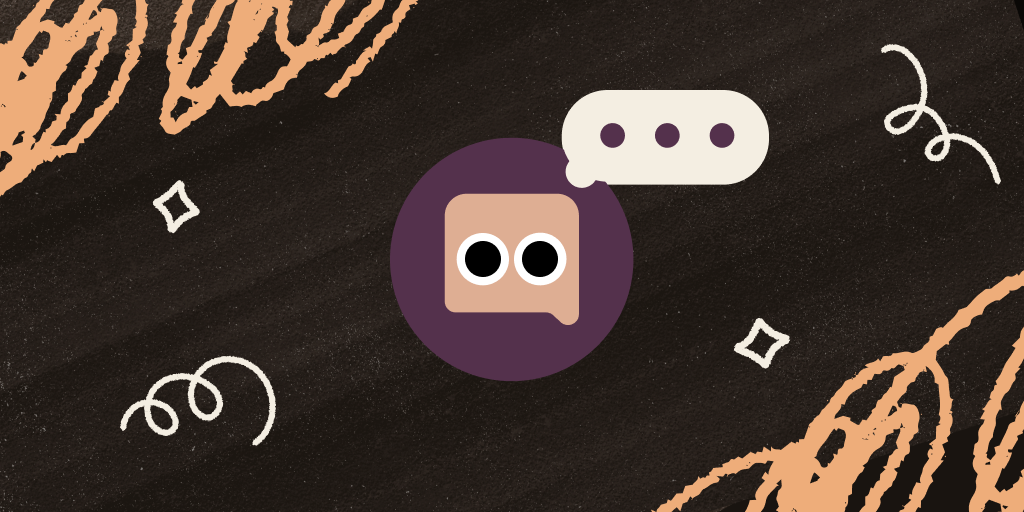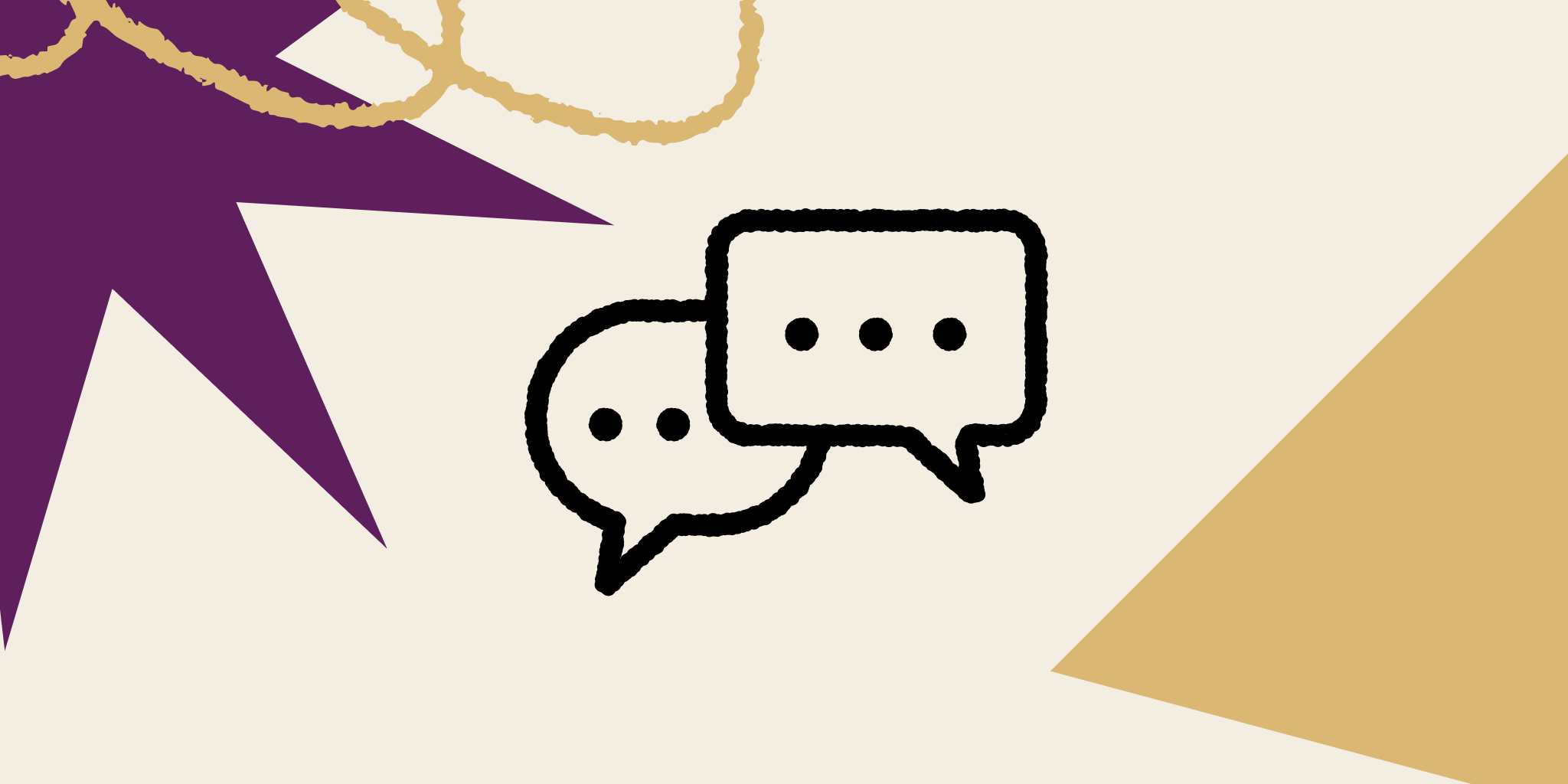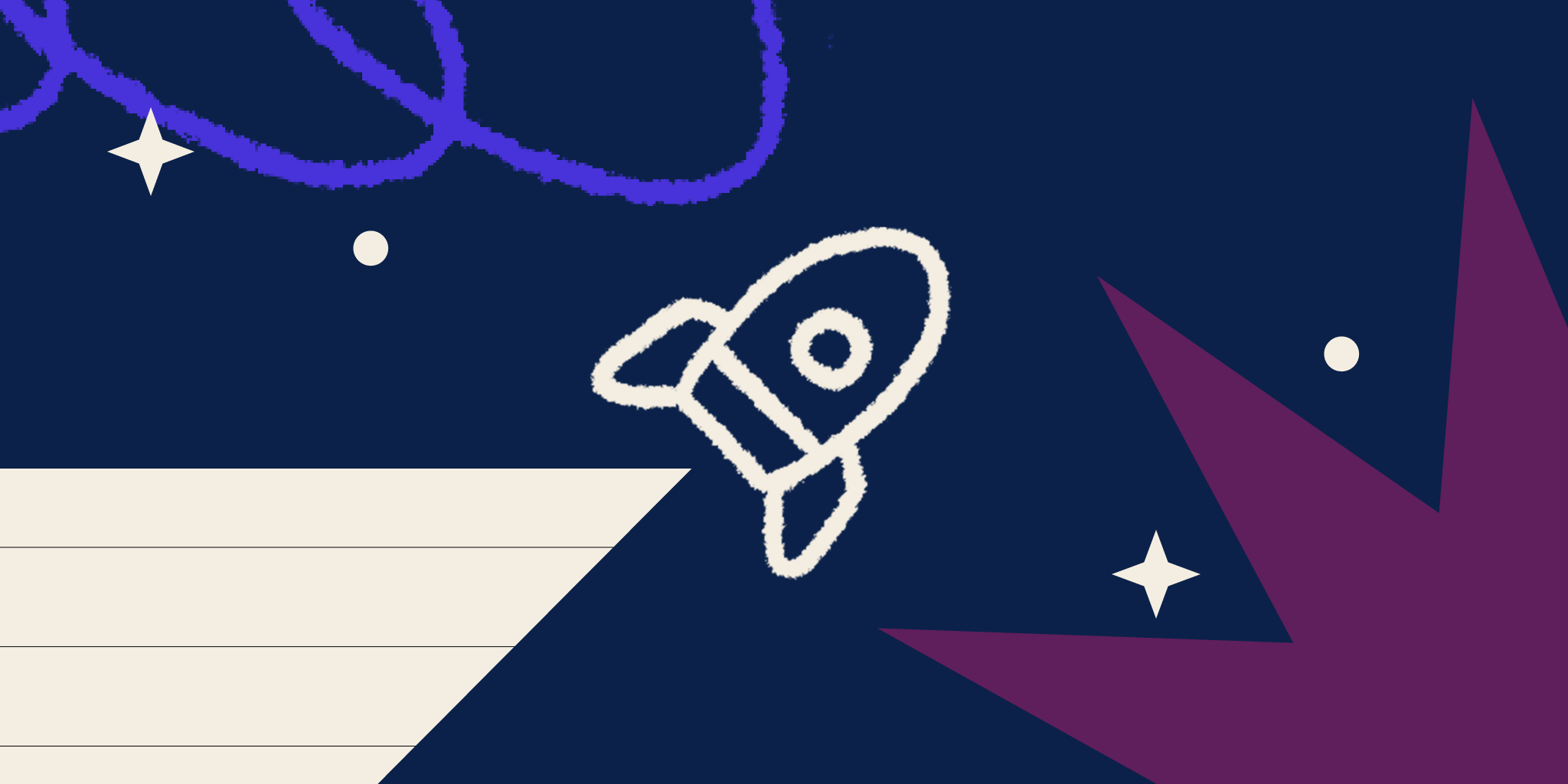By Sal Khan, founder and CEO of Khan Academy
A few weeks ago, I gave a technology demonstration to a handful of public school administrators. I showed them an experimental artificial intelligence tool we’re developing at Khan Academy that uses GPT-4. It is not an exaggeration to say that it was one of the most positive reactions to a technology demo that I’ve ever done—if not the most positive reaction.
One person in attendance said, “This aligns with our vision of creating thinkers.”
See a demo of the new technology.
Their feedback means a lot to me. The administrators I spoke with that day are champions for a community of students who are growing up in poverty. They know the steep challenges kids face every day before they even step foot in the classroom.
They also know what I know: AI is nascent technology, but we already find ourselves at a critical juncture. Will we amplify its benefits equally across society? Or will we allow a new, deeper digital divide to take root that leaves out even more students?
A small AI pilot for a limited number of teachers, students, and donors
When GPT-4 is carefully adapted to a learning environment like Khan Academy, it has enormous potential. It can guide students as they progress through courses and ask them questions like a tutor would. AI can assist teachers with administrative tasks, which saves them valuable time so they can focus on what’s most important—their students.
To be clear, there is a long way to go. AI makes mistakes. Even the newest generation of AI can still make errors in math. AI can still “hallucinate,” which is the term the industry uses for making stuff up. A lot of work needs to be done.
But I do think we’re at an inflection point in education. If we harness AI carefully and share its benefits equally across society, all students can benefit.
To test the possibilities of AI, we’re inviting our district partners to opt in to Khan Labs, a new space for testing learning technology.
Today we’re introducing a small AI pilot for a limited number of teachers, students, and donors. As society grapples with AI, we view it as our responsibility to work deeply with this new technology to explore its potential in education. I believe we are uniquely suited to do this work.
As a nonprofit organization, our focus is students, teachers, and administrators. Our North Star is driving more learning, not driving shareholder value or driving profits. You could say that we do have a bottom line and it’s that every student deserves the opportunity to reach their full potential.
More than 500 public school districts and schools across the country partner with Khan Academy (up from nine before the pandemic). They turn to us because students who use Khan Academy achieve better-than-expected gains. From Khan Academy’s earliest days, research-backed pedagogy and learning science have underpinned our learning platform. Today, partnering with us helps schools and districts achieve the full power of Khan Academy, with rich insights and powerful support for teachers and administrators. This drives deep learning for students.
To test the possibilities of AI, we’re inviting our district partners to opt in to Khan Labs, a new space for testing learning technology. Our goal is to ethically and responsibly provide access to our experimental AI tool, which we’re calling Khanmigo. These few teachers and students will be our partners on this learning journey, helping us improve AI so that it meets their needs in the classroom. We want to maximize the benefits while mitigating the risks.
Learn about our approach to AI ethics and safety.
Testing Khanmigo within Khan Labs
Within Khan Labs, we are introducing a new layer on top of Khan Academy that heavily leverages a new large language model from OpenAI. Only the limited number of people who are taking part in our pilot will see this layer and Khanmigo, our new experimental AI interface.
People in our pilot can use Khanmigo as a tutor and as a teaching assistant.
Even the newest generation of AI can still make errors in math.
Now, there’s been a lot of talk about tutoring as a way to address the steep learning loss from the pandemic. A lot of public dollars have been spent on “high dosage tutoring” after school. But recent research shows tutoring is less effective when it’s not connected to classwork—it needs to happen during class time.
That’s why I’m excited to test Khanmigo. In our small pilot, Khanmigo is integrated into the classwork teachers are already assigning to students. When students are working on an assignment, they can get help from Khanmigo during class.
Khanmigo engages students in back-and-forth conversation peppered with questions. It’s like a virtual Socrates, guiding students through their educational journey. Like any great tutor, Khanmigo encourages productive struggle in a supportive and engaging way.
Participants in our limited pilot can use Khanmigo to:
- Get help with math
- Write a story together through back-and-forth idea generation (but Khanmigo won’t write the story for them!)
- Prep for AP exams
- Practice new vocabulary words
- Learn computer programming
- Interview a historical figure like Cleopatra or Jane Austen
- Debate a topic like “Should schools ban AI?”
Khanmigo does not, however, give students answers. Nobody learns anything by being given the answer. Instead, Khanmigo asks questions. Questions are thought-provoking. Questions are open-ended. And most importantly, questions lead to learning.
It’s important to know that AI isn’t always great at math. In fact, these “large language models” are just that—language models. They are not perfect at math. Yet.
Developing AI tools for teachers
We think AI may have the power to reduce the burden on teachers. It can be a tool that will make teachers’ lives easier by:
- Writing lesson plans
- Creating lesson hooks
- Writing exit tickets
- Helping with time-consuming administrative tasks
What’s more, we’re curious to see if we can tailor AI so that teachers can use it to get a snapshot of student progress on Khan Academy at any given moment or on any given day. If so, overburdened teachers could quickly and easily identify which students need extra support and which students need more of a challenge.
How you can help
Update, November 17, 2023: You can use Khanmigo if you live in the United States and are 18 or older. Make a $4/month or $44/year payment to get instant access.
I want to be clear: We can’t do this without financial support from people like you. Khan Academy is a small nonprofit funded by donations. That’s why we’re asking for help. Contributions will help us continue working on our mission of providing a free, world-class education to anyone, anywhere.
Looking to the future
AI is a transformational technology, and we’re eager to explore its potential. There’s a lot of work we need to do to make sure all students benefit while we mitigate the risks. We plan to proceed responsibly and ethically, and we plan to share our learnings with the world.




